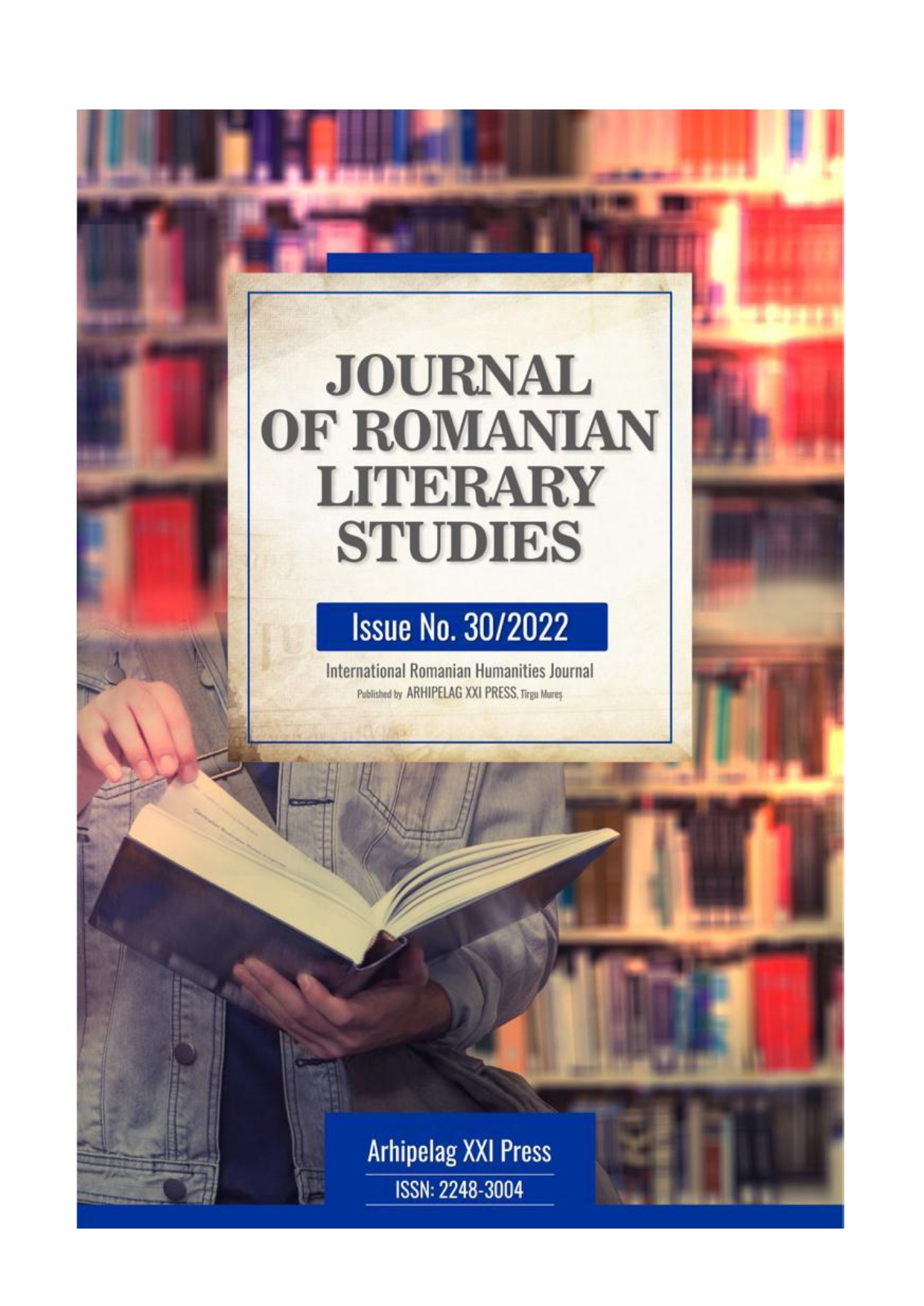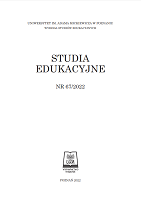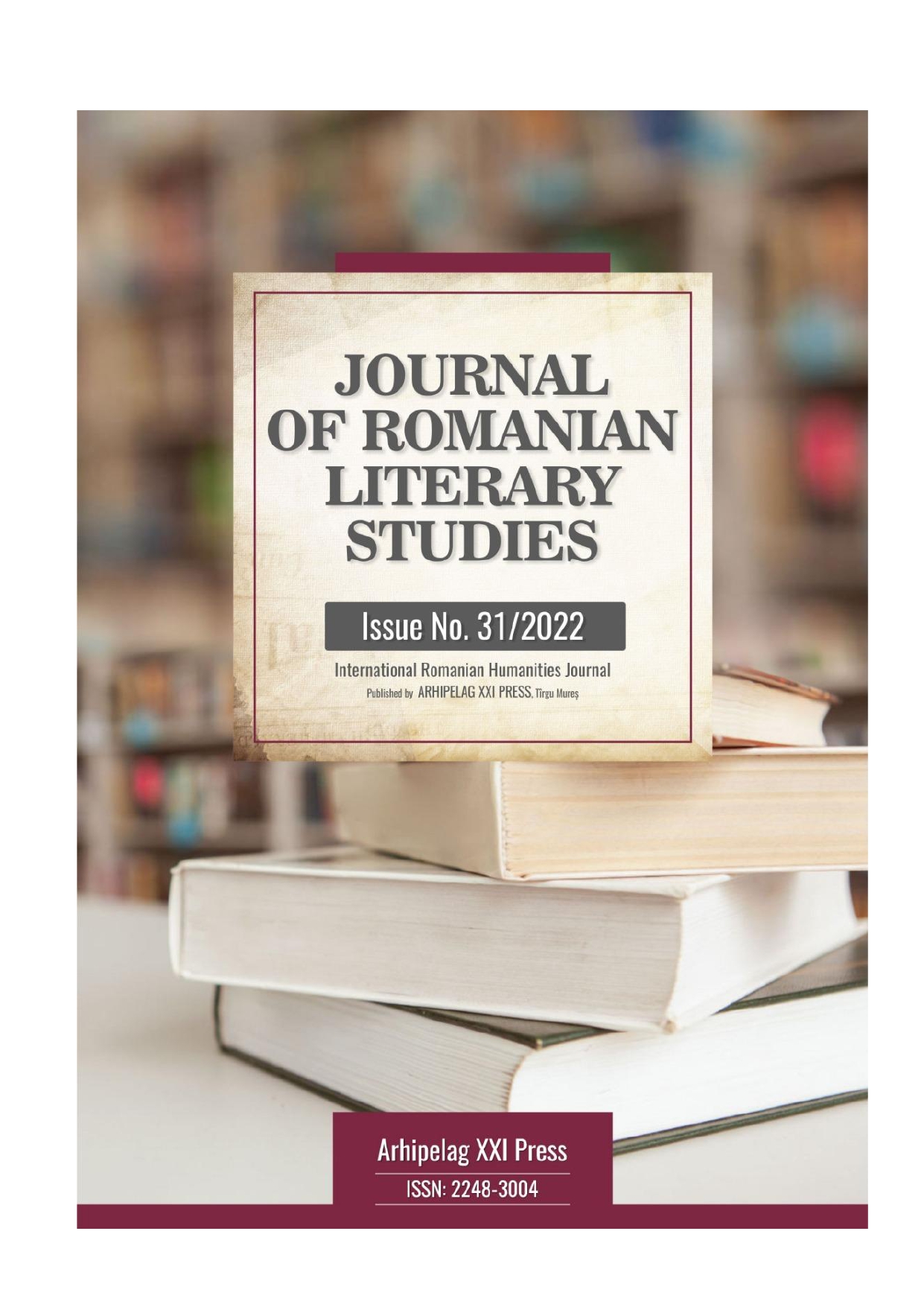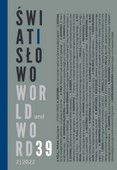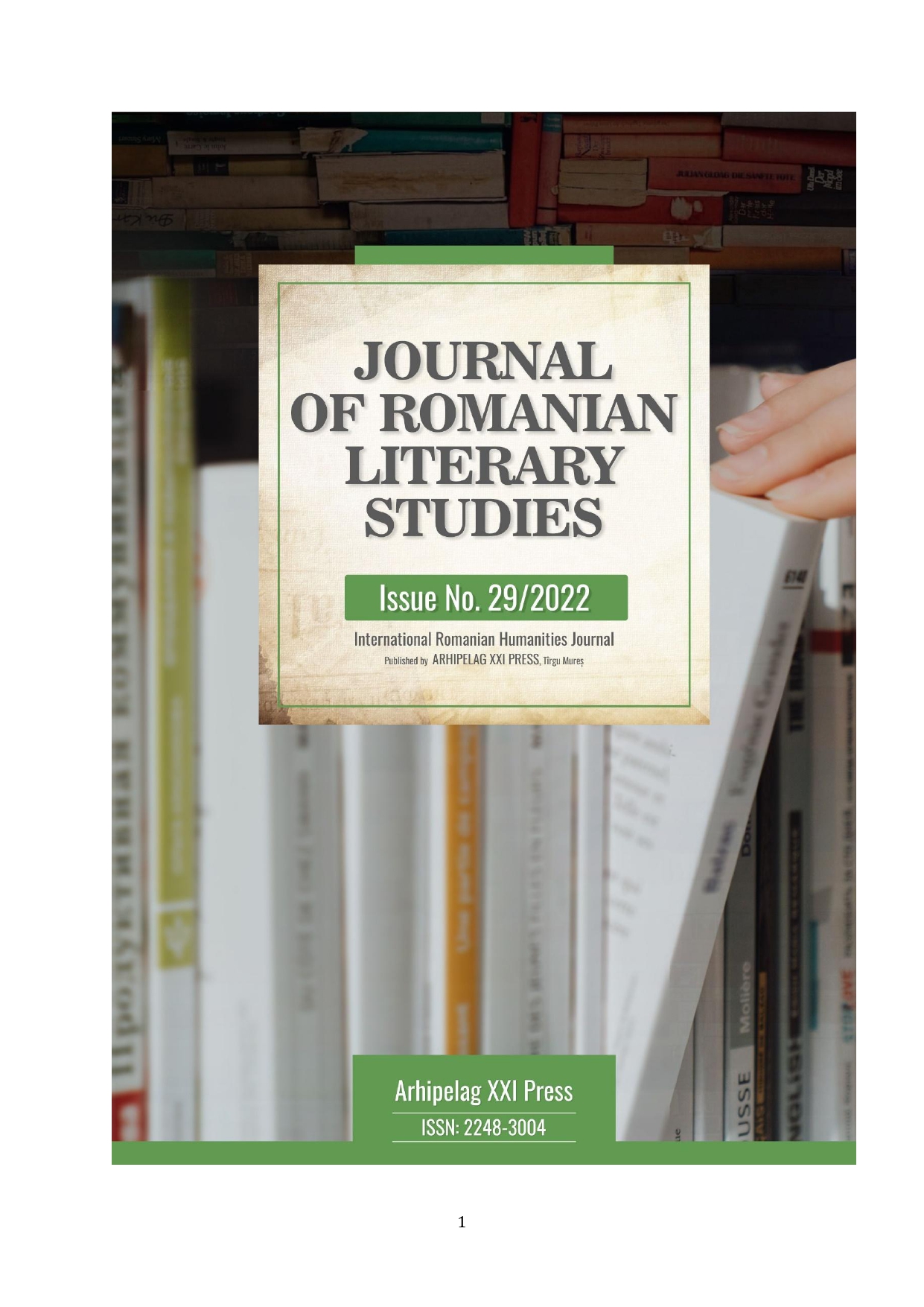
TRENDS IN RECONFIGURING THE LANGUAGE LEARNING PROCESS
Our education system is not yet fully prepared to respond to the new demands of the world in which we live, nor to the essential changes that the new century brings to the world. The curricular reform carried out in recent years in all school subjects, including foreign languages, was dictated by the need to connect the educational process to the trends of change in education at the international level in order to better adjust to new political, economic and socio-cultural requirements. The exigencies regarding the development of education and learning in sec. XXI were expressed in new standards and purposes of learning, expressed at European level through eight key / transdisciplinary competences, including the competence of communication in a foreign language.
More...
